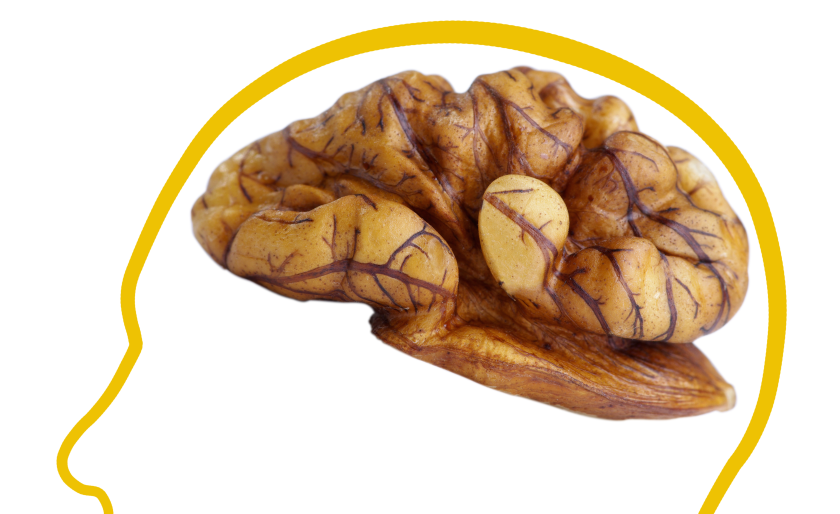Stella Cottrell, the author of a number of bestselling study guides, writes for Student.com on key exam tips and strategies to follow when you’re in the exam room. Student.com is your number 1 spot for finding student accommodation.
The day of the exam arrives. Hopefully, you have revised and prepared well. But are there exam tips and strategies that you can use even in the exam room to improve your grades? The good news is ‘yes!’
1. Manage your mindset

It is natural to feel anxious about exams but with good strategies, you can actually enjoy them! If you do feel anxious, then direct that nervous energy into positive channels. Remember that some stress has a beneficial effect. It can help you to stay alert, focused on the exam and energised.
Don’t give your mind the time to drift into anxious thoughts. If it does, then gently guide it back to a concrete task, such as planning your time, jotting down useful facts and figures to use in later questions, proof-reading your work, thinking about ways to gain extra marks and remembering these exam tips!
If you want to combat stress and get the most out of your study time, check out our blog post on how to relive stress while studying.
2. Get to know your exam paper

Don’t race to start writing before you have checked through the paper. Read the instructions and all questions slowly and at least twice. Highlight how many questions you must answer from every section.
3. Make every minute count

Once you are clear about the questions you will answer, plan your time. Write down quickly the time that you will begin each section or question. Plan to finish at least ten minutes before the end of the exam, so you have time to check over your paper.
Then, stick to your time plan. You are more likely to do well if you attempt all your planned questions than writing brilliant answers to some but not attempting others.
If you have a choice of questions, consider whether some of these will take you longer to answer. If any questions carry more marks, then spend more time on those. A lot of people find it helpful to begin with the questions that they find easiest, and come back later to those they find more challenging.
4. Think like an examiner

Examiners have to mark many papers at speed – they don’t have time to sit and consider what you might have meant by your answers. You can help them to see where you deserve marks by providing answers that are clear and easy to read. It’s a simple exam tip, but can make a real difference.
5. Write in shorter sentences

Another simple, but useful exam tip is to keep most sentences short and focused. That will help with clarity and in making every point stand out for the examiner. It also makes it faster and easier for you to check your work and correct it.
6. Answer the question

Check carefully what the question is about. Select the right information to answer it and don’t include unnecessary information. Don’t just write down everything you know on the general topic, as that suggests you don’t really understand the question. It also wastes valuable time.
7. Structure and select

For longer answers, organise your material clearly in sections. For essays, always write an introduction and conclusion. That helps the examiner to read your work easily and to follow your reasoning.
8. Show off your critical thinking abilities

For longer answers, provide strong reasons and evidence for the points that you make – just as you would for a good coursework essay or report. You can find out more about critical thinking in my book on this topic, Critical Thinking.
9. ‘I can’t believe I did that!’ Avoid the obvious mistakes

Every year, students lose marks unnecessarily for silly errors. For example, they forget to check whether there are questions on both sides of the exam paper. They misread questions. They answer too few – or too many – questions. They number their answers incorrectly, which means they have the wrong answer against the test question. This exam tip is important because when this sort of thing happens, so many marks can be lost.
10. Final checks

Check carefully through all of your answers, looking for any accidental errors. Read through slowly to check for missing words and to see that your answers make sense. If you spot mistakes, change them, even if that makes hand-written papers look a bit untidy. Plan your time well so you are able to make these essential final checks.
11. What if I am running out of time?

If this does happen, don’t panic! Aim to write at least a short overview of what you would have covered if you had time. Make a list of some of the arguments and details that you would have included.
12. Food for thought

Stay hydrated – drink water. If you are allowed snacks, foods such as nuts will give you a gradual release of energy across the exam. Sweets or chocolate may give you an initial ‘rush’ but leave you feeling tired later in the exam.
Achieving peak performance

Outside of these exam tips and strategies, you could perform even better if you prepared well from several weeks, or even months, leading up to an exam. To develop a strong exam preparation programme, you can use The Exam Skills Handbook.
Finally – very good luck with your exams!
Stella Cottrell is Pro-Vice-Chancellor for Learning, Teaching and Student Engagement at the University of East London, UK. She has an international reputation for teaching and learning with her best selling publications for staff and students being used by universities and colleges around the world.
If you’re looking for student accommodation, check out the hundreds of options available on Student.com. We list student accommodation in the UK, as well as dozens of other countries around the world, including student housing in USA and Australia.



